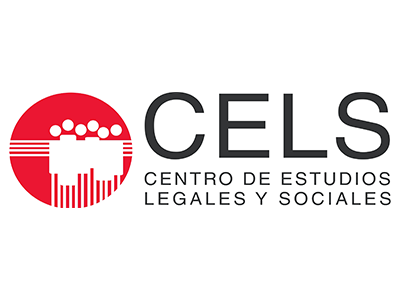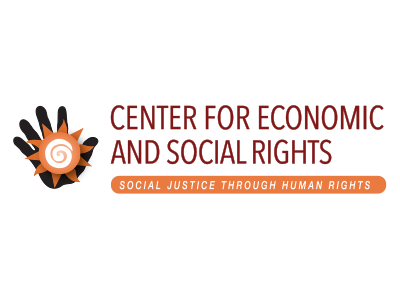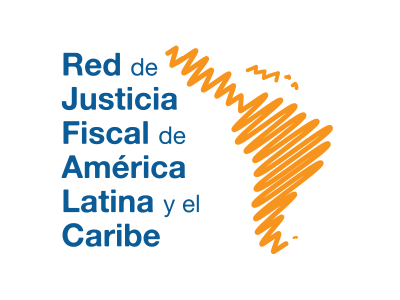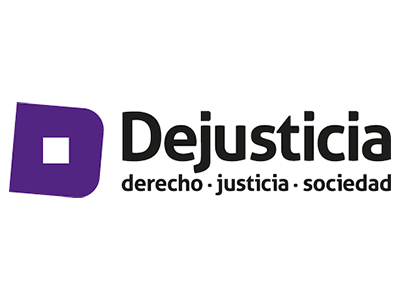Organizations of the
STEERING
COMMITTEE
6-Organizations, 1-Network
Background and History
Learn more about the organizations that make up the Driving Committee
Introduction
The organizations of the Driving Committee, bring to the initiative a vast experience in the field of fiscal policy and human rights, and have a solid background in human rights monitoring, budget analysis, fight against illicit financial flows, and actions for the fiscal transparency, among other issues.
Steering CommitteeOrganizations
The organizations that make up the Driving Group (Civil Association for Equality and Justice (ACIJ) - Center for Legal and Social Studies (CELS) - Center for Economic and Social Rights (CESR) - Center for Law, Justice and Society Studies ( Dejusticia) - Institute of Socioeconomic Studies (INESC) - Fundar, Center for Analysis and Research and the Tax Justice Network for Latin America and the Caribbean (RJFALC)) have been carrying out sustained work on fiscal policy and Human Rights in Latin America and the Caribbean.
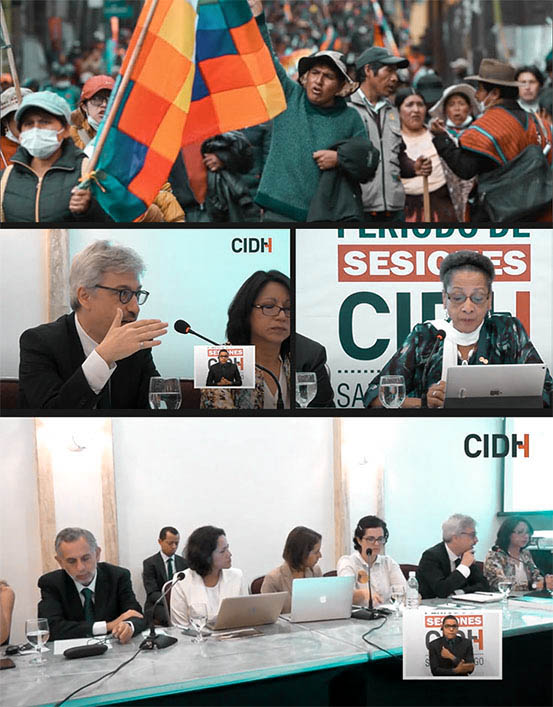
Actions
The actions carried out by this group of organizations are very varied, and include the production and dissemination of information, and the carrying out of advocacy actions at national, regional and international levels.
A key point of the coordinated work has been the international strategy meeting held in Lima in 2015, which led to the Lima Declaration on Fiscal Justice and Human Rights, which condenses the basic understandings on how the rights discourse can contribute to building fair taxation.
Sources
You can consult the following resources prepared by the organizations of the Driving Committee and other allied organizations during their work that functions as the antecedent of the Initiative
Audiencia Temática
Audiencia temática ante la Comisión Interamericana de Derechos humanos
“Derechos Humanos y Políticas Fiscales”
AudienciaTemática
Audiencia temática ante la Comisión Interamericana de Derechos humanos
“Control del gasto público, políticas fiscales y garantía de los derechos económicos, sociales y culturales en América Latina”



